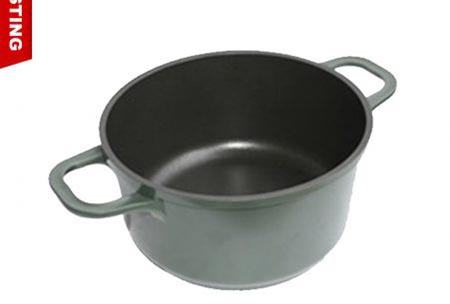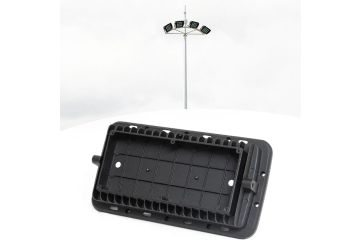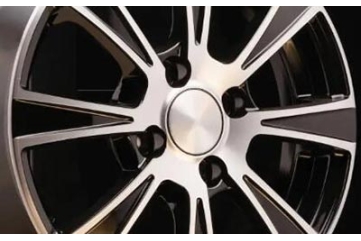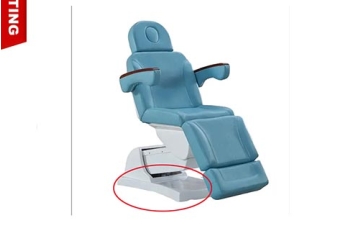What are the pros and cons of die cast cookware?
Die cast cookware has gained popularity in recent years. Here are some pros and cons to consider:
Pros of Die Cast Cookware:
1. Excellent heat distribution: Die cast cookware typically offers even heat distribution, reducing hot spots and improving cooking performance.
2. Durability: These pots and pans are often very sturdy and resistant to warping.
3. Non-stick properties: Many die cast cookware items come with non-stick coatings, making them easy to clean and cook with.
4. Versatility: Can often be used on various cooking surfaces, including stovetops and ovens.
5. Aesthetic appeal: Die cast cookware often has a sleek, modern appearance.
6. Good heat retention: Holds heat well, which can be beneficial for certain cooking techniques.
7. Lightweight: Especially compared to cast iron, die cast aluminum cookware is relatively light.
8. Affordable: Generally less expensive than high-end stainless steel or copper cookware.
Cons of Die Cast Cookware:
1. Potential health concerns: Some people worry about aluminum leaching into food, although this is generally not a significant issue with modern, well-made cookware.
2. Not as durable as some alternatives: While sturdy, it may not last as long as cast iron or high-quality stainless steel.
3. Non-stick coating wear: If coated, the non-stick surface can wear off over time, requiring replacement.
4. Not ideal for high-heat cooking: Some die cast cookware isn’t suitable for very high temperatures.
5. May not be dishwasher safe: Depending on the specific product, hand washing might be recommended.
6. Potential for warping: Lower quality die cast cookware may warp under high heat.
7. Less “seasoning” benefit: Unlike cast iron, die cast cookware doesn’t develop a natural non-stick patina over time.
8. Reactivity with acidic foods: Uncoated aluminum can react with acidic foods, potentially affecting taste.
When choosing die cast cookware, it’s important to consider the specific brand and quality, as these factors can significantly impact performance and longevity.





